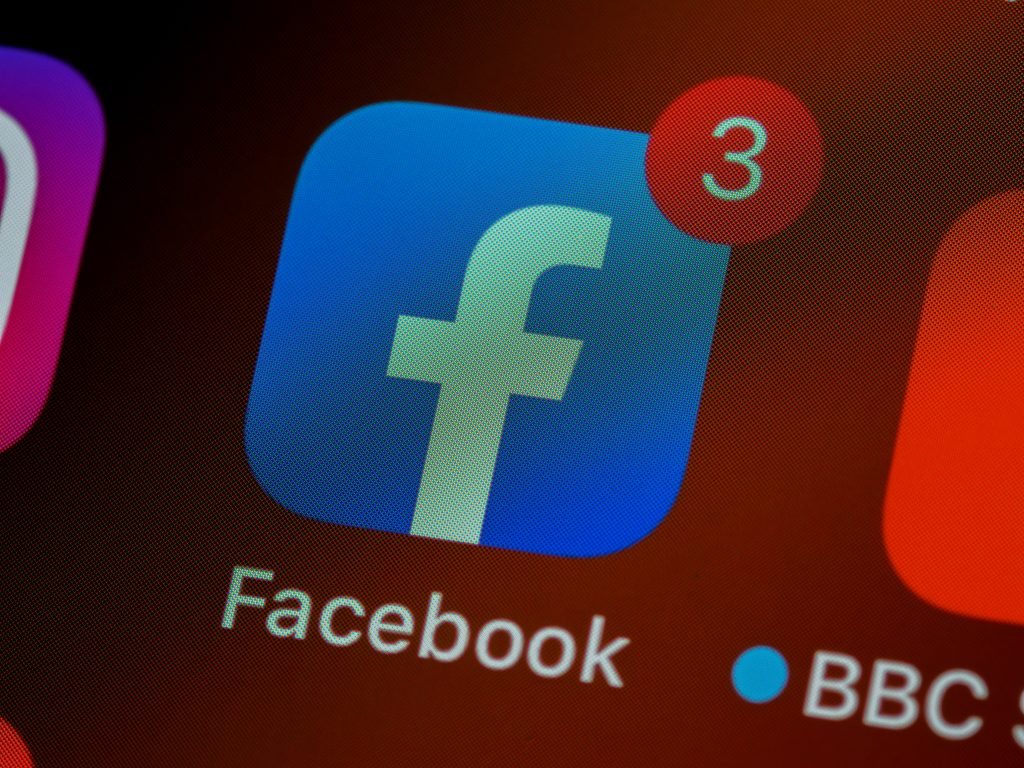Kansas Attorney General Takes on Big Tech, Dangerous AI Chatbots

Kansas Attorney General Kris Kobach is demanding answers from Big Tech companies over their dangerous AI companion chatbots that are harming children and families.
In a strongly worded letter to major AI developers, Kobach put the industry on notice, calling for real safeguards that protect kids.
“We’re seeing a very concerning trend where Big Tech releases AI products without meaningful safeguards,” Kobach said in a statement. Kobach highlighted a Topeka case in which a sexual predator used AI to create thousands of images depicting child abuse. National reports show AI chatbots encouraging teen suicide, promoting self-harm, and engaging in sexualized conversations with minors.
Some AI platforms even market themselves with slogans like “AI girls never say no.” As Kobach said, “That’s not a glitch in AI. It’s a failure of corporate accountability.”
The Kansas Attorney General gave the companies until January 30 to explain how they will ensure user safety and comply with Kansas age verification laws. Companies that have misrepresented their products’ safety or provided harmful content to minors may face consequences under Kansas law.
Arkansas families and policymakers should pay close attention to this situation.
Arkansas has been a leader when it comes to protecting children online, passing laws to verify ages and restrict harmful content. But AI chatbots can engage children in conversations that seem real but may encourage dangerous behaviors or expose them to inappropriate content.
Arkansas parents need to know what their children are accessing online. They should ask tough questions about any AI apps or chatbots their kids might be using.
Our friends at the Daily Citizen said it very well last summer:
When it comes to keeping children safe online, parents have their work cut out for them. Companies like xAI shouldn’t compound the problem by adding sexualized A.I. features to an app children use. But, unfortunately, there’s nothing stopping them from doing so.
No company is going to work harder than you to protect your kids. The best solution is to play it safe — keep your kids well away from A.I. chatbots and other dangerous internet traps.
Articles appearing on this website are written with the aid of Family Council’s researchers and writers.





